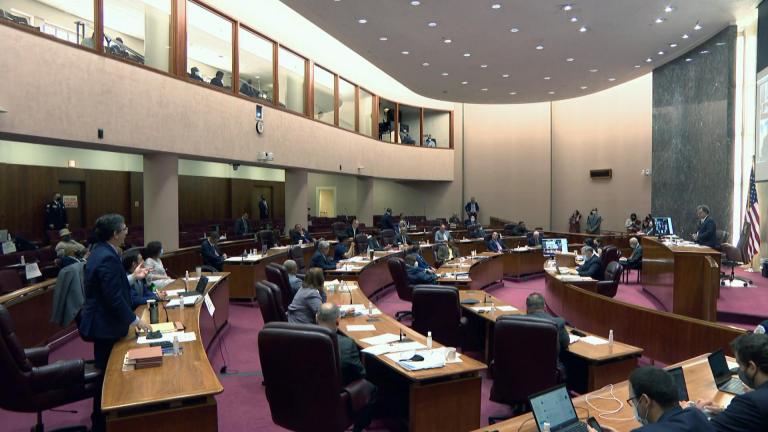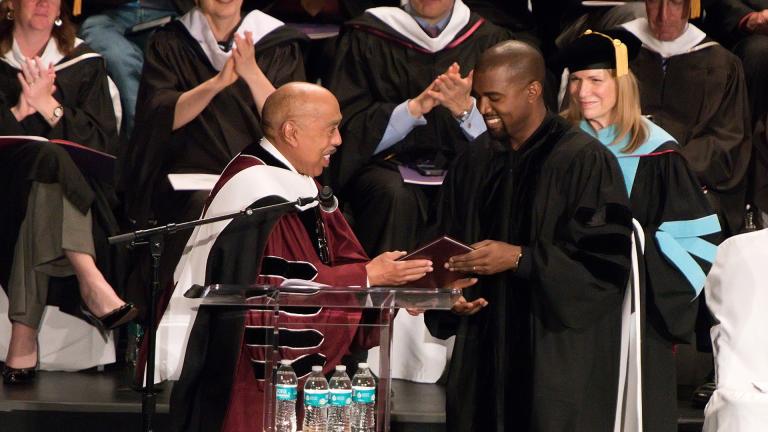Racism is a public health crisis.
That was the message of an open letter dated June 19 — which also happens to be Juneteenth, a holiday celebrating the end of slavery in the U.S. — signed by 36 Chicago-area hospitals and clinics, many of which are part of the city’s Racial Equity Rapid Response Team addressing the disproportionate impact COVID-19 has had on the city’s Black population.
Racial disparities in health care manifest themselves in several ways.
One is through social determinants of health, which impact our physical well-being. These can include income, housing, access to nutritional food and other social factors.
Another is through implicit bias within the health care system itself, which can occur when doctors, nurses and other providers subconsciously treat patients differently because of their race.
Some studies on implicit bias in the medical field have compared how physicians evaluate or diagnose White patients versus those who are African American.
An overview of 15 such studies published in the American Journal of Public Health in 2015 found that “most health care providers appear to have implicit bias in terms of positive attitudes toward Whites and negative attitudes toward people of color.”
Dr. Wendy Goodall McDonald, a board-certified obstetrician and gynecologist at Northwestern Medicine and the medical influencer behind DrEveryWoman.com, said one of the key social determinants of health is health literacy.
“The studies show that even having a health advocate with you when you obtain a surgery or are admitted into the hospital matters. It actually improves health outcomes,” McDonald said. “But if a person can’t even be their own health advocate, they’re really going to have more of a disparity when it comes to getting equal and appropriate care.”
When it comes to implicit bias, Raul Garza, the president and CEO of Aunt Martha’s Health and Wellness, an organization with several community health and child welfare centers across Illinois, said change needs to come from the top.
“Who are the leaders that are running the health care systems?” Garza said.
Promoting more diversity among health care workers and leadership is one of the objectives of the open letter, along with training to address implicit bias within the medical field.
McDonald and Garza join “Chicago Tonight” in discussion, along with Dr. Monica Peek, an internist at University of Chicago Medicine.








